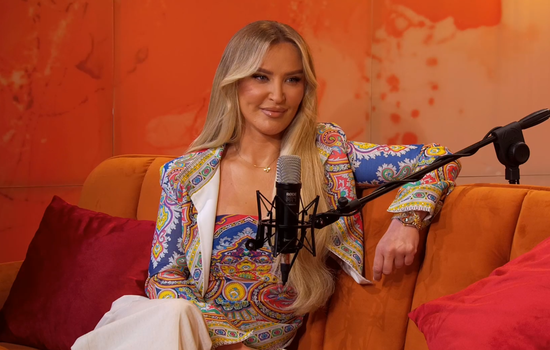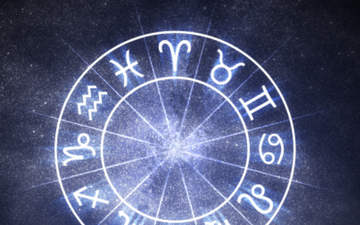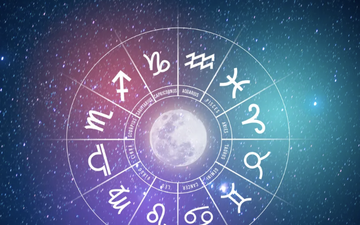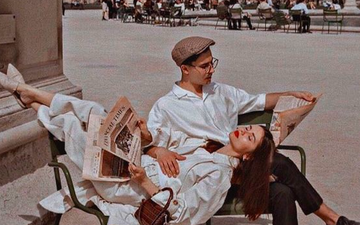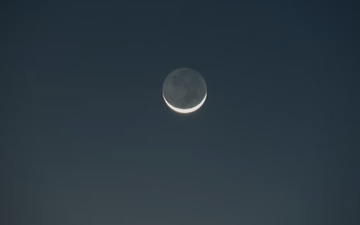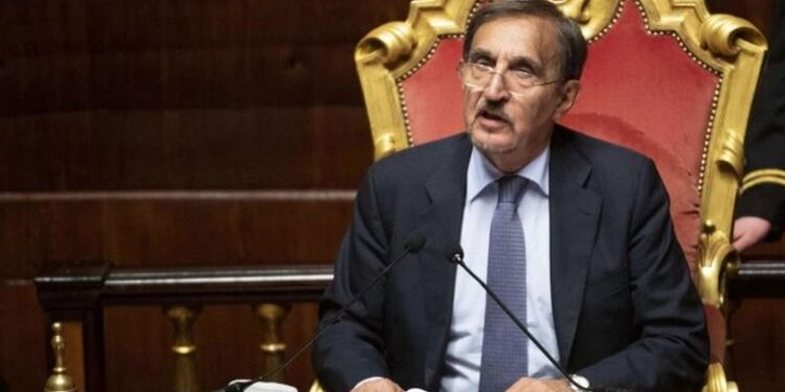
An unusual situation happened yesterday during a parliamentary session in Italy, where a question from an Italian official sparked a debate on racism.
After Prime Minister Giorgia Meloni finished her speech, Senate President Ignazio La Russa said: 'Is she still Albanian?' This was the question he asked to get a confirmation, perhaps not knowing that the microphone was open and the situation ended up in the media and social networks. The question was for Jorida Tabaku, who, in the capacity of the president of the European Integration Commission, was part of the Albanian delegation during the several-day visit to Italy.
View this post on Instagram
After receiving the confirmation, La Russa said: "I take the opportunity to greet the honorable Jorida Tabaku, chairperson of the European Integration Commission of the Parliament of Albania, who is visiting us accompanied by a delegation."
But, immediately after that, people "crossed" the Italian official with comments, describing the statement as racist towards Albanians.
"In 2023, you have to address people by name, not through ethnicity," some wrote in the comments, while others pointed out that they noticed a kind of discriminatory tone in his sentence.
People seem to have considered the question racist considering La Russa's political stances.
The official has often been accused of being a neo-fascist politician. At the start of the Covid pandemic in Italy, he suggested on social media that people ditch the handshake and replace it with the fascist salute. He declared that "we are all heirs of the Duce".
In his home in Milan, La Russa has statues and memorabilia of Benito Mussolini and the Fascist movement as well as photos and paintings about Italy's colonial campaigns. Mussolini's racial ideology centers around nationalism and a belief in the superiority of the Italian race. Fascist racial laws were inspired by Nazi Germany, although they were not enforced with the same level of brutality as in Germany.
But not everyone thinks so. "Since when was it racism to address an Albanian with 'Albanian'?" say some others who do not seem to take the Italian official's question lightly.
"It is not a blunder... It is simply from Albania and therefore Albanian. If in Albania they call me 'that Italian', it doesn't seem strange to me!! Calm down!” writes another.
People are divided in terms of attitudes.

